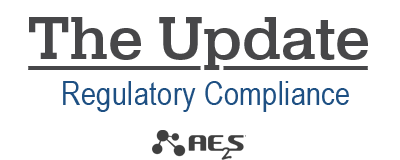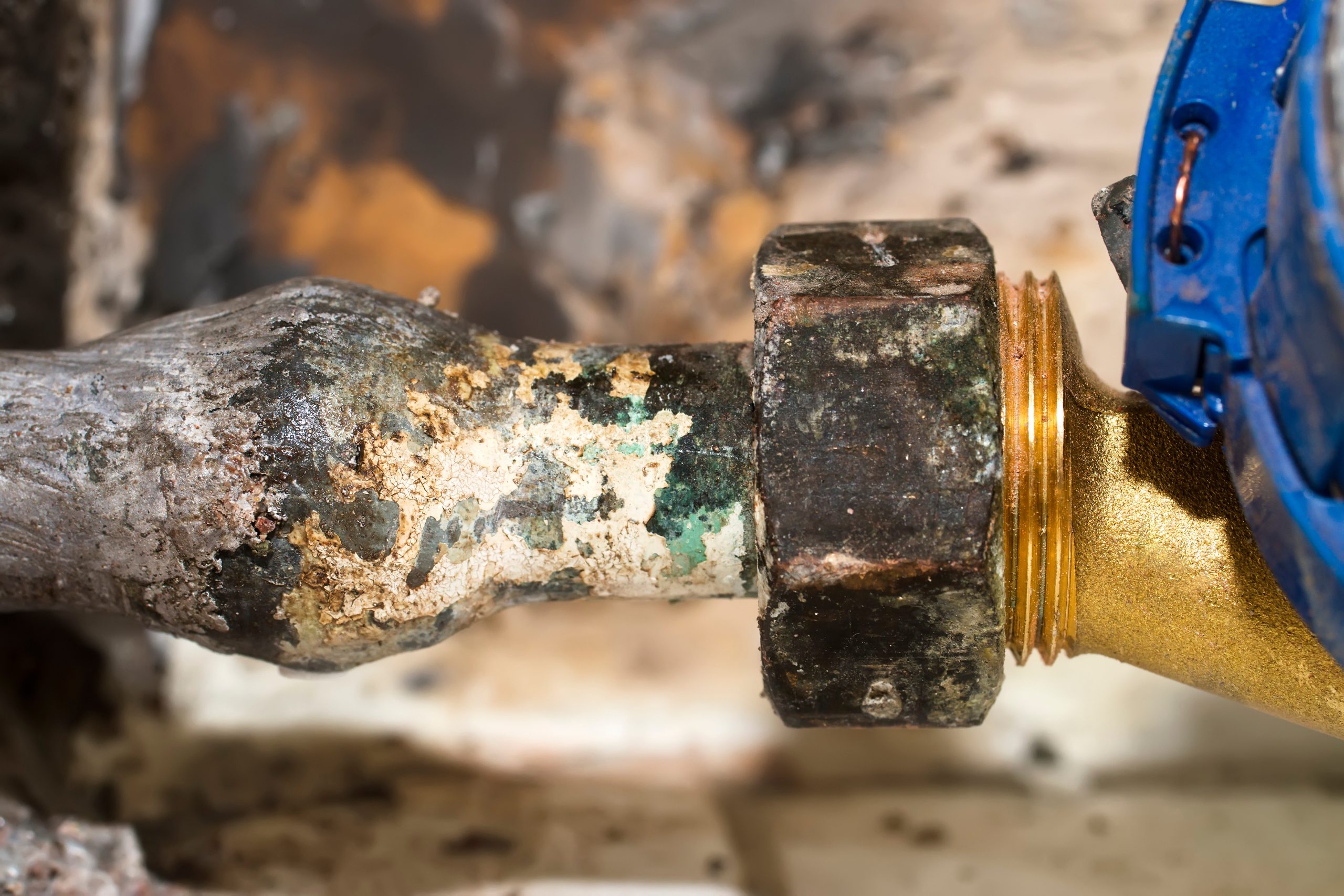The water industry is anxiously awaiting the finalization of the Lead and Copper Rule Improvements (LCRI) by the U.S. Environmental Protection Agency (USEPA). Originally expected to be released prior to the Lead and Copper Rule Revisions (LCRR) deadline of October 16, 2024, industry experts expect the LCRI to be announced by the end of the year.
As currently proposed, the LCRI includes the following to build upon the LCRR requirements:
- 100% Lead Pipe Replacement within 10 years. When lead service lines are present, they represent the greatest source of lead exposure in drinking water. The proposed LCRI would require the majority of water systems to replace lead services lines within 10 years.
- Locate Lead Pipes. Knowing the locations of lead pipes is critical to replacing them efficiently and equitably. Water systems are already required to provide an initial inventory of their lead service lines under the LCRR by October 16th. Under the proposed LCRI, all water systems would be required to regularly update their inventories, create a publicly available service line replacement plan, and identify the materials of all service lines of unknown material.
- Improve Tap Sampling. The proposed LCRI would make key changes to the protocol that water systems must use for tap sampling informed by best practices. Water systems would be required to collect 1st liter and 5th liter samples at lead sample sites and use the higher of the two values when determining compliance with the rule.
- Lower Lead Action Level. USEPA proposes to lower the action level for lead from 15 µg/L to 10 µg/L. When a water system’s lead sampling exceeds the action level, the system would be required to inform the public and take action to reduce lead exposure while concurrently working to replace all lead service lines.
- Strengthen Lead Protections. Water systems with multiple lead action level exceedances would be required to conduct additional outreach to consumers and provide pitcher filters that are certified to reduce lead to affected consumers.
The USEPA says taken together, the provisions in the proposed LCRI will strengthen public health protections, reduce complexity, and streamline implementation.
If you have questions about the LCRR or the LCRI, contact Nate Weisenburger, AE2S Drinking Water Practice Leader.

